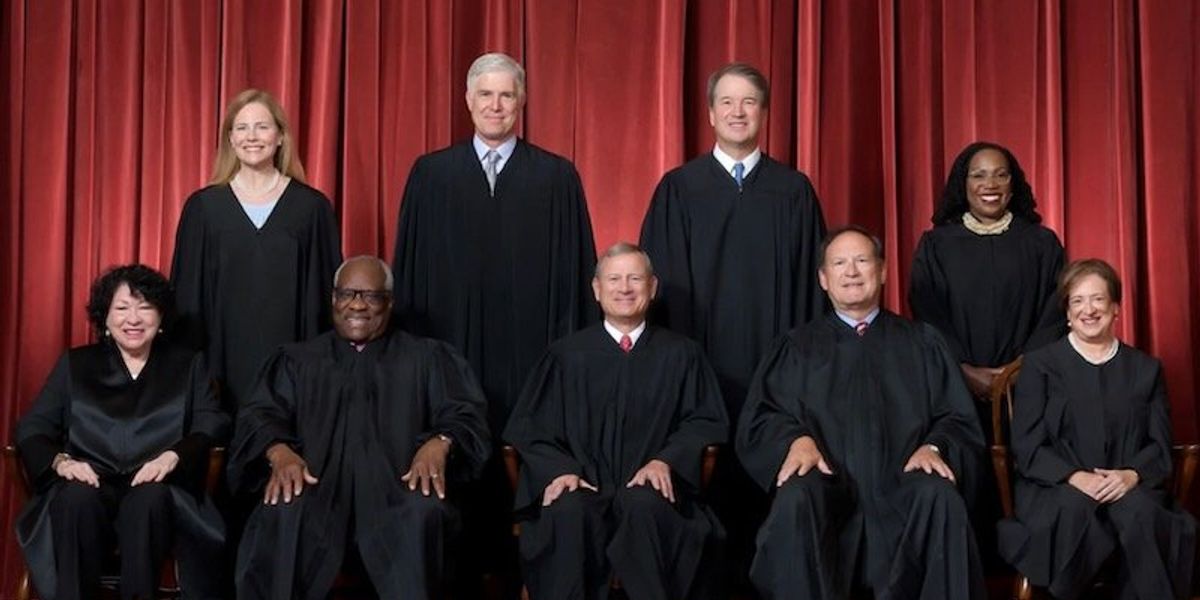skews13
Diamond Member
- Mar 18, 2017
- 9,438
- 11,861
- 2,265
Oral arguments for Moore v. Harper in December had some campaigners worried that at least five justices would embrace independent state legislature theory (ISLT), whose proponents claim the U.S. Constitution only empowers state legislatures to regulate federal elections, without checks from state constitutions, courts, or governors.
However, in the case—which stemmed from a fight over North Carolina's congressional map—Chief Justice John Roberts, fellow conservatives Amy Coney Barrett and Brett Kavanaugh, and liberals Elena Kagan, Ketanji Brown Jackson, and Sonia Sotomayor rejected ISLT. Right-wing Justices Samuel Alito, Clarence Thomas, and Neil Gorsuch dissented.
The elections clause of the U.S. Constitution "does not vest exclusive and independent authority in state legislatures to set the rules regarding federal elections," Roberts wrote for the majority. "When state legislatures prescribe the rules concerning federal elections, they remain subject to the ordinary exercise of state judicial review."

 www.rawstory.com
www.rawstory.com
Another right wing pipe dream shot down in flames.
However, in the case—which stemmed from a fight over North Carolina's congressional map—Chief Justice John Roberts, fellow conservatives Amy Coney Barrett and Brett Kavanaugh, and liberals Elena Kagan, Ketanji Brown Jackson, and Sonia Sotomayor rejected ISLT. Right-wing Justices Samuel Alito, Clarence Thomas, and Neil Gorsuch dissented.
The elections clause of the U.S. Constitution "does not vest exclusive and independent authority in state legislatures to set the rules regarding federal elections," Roberts wrote for the majority. "When state legislatures prescribe the rules concerning federal elections, they remain subject to the ordinary exercise of state judicial review."

In 'very big deal for the survival of our Democracy,' SCOTUS rejects fringe legal theory
This is a developing story… Please check back for possible updates...Democracy defenders across the United States on Tuesday breathed a collective sigh of relief after half of the U.S. Supreme Court's right-wing supermajority joined with the three liberal justices to reject a "dangerous" legal...
 www.rawstory.com
www.rawstory.com
Another right wing pipe dream shot down in flames.



